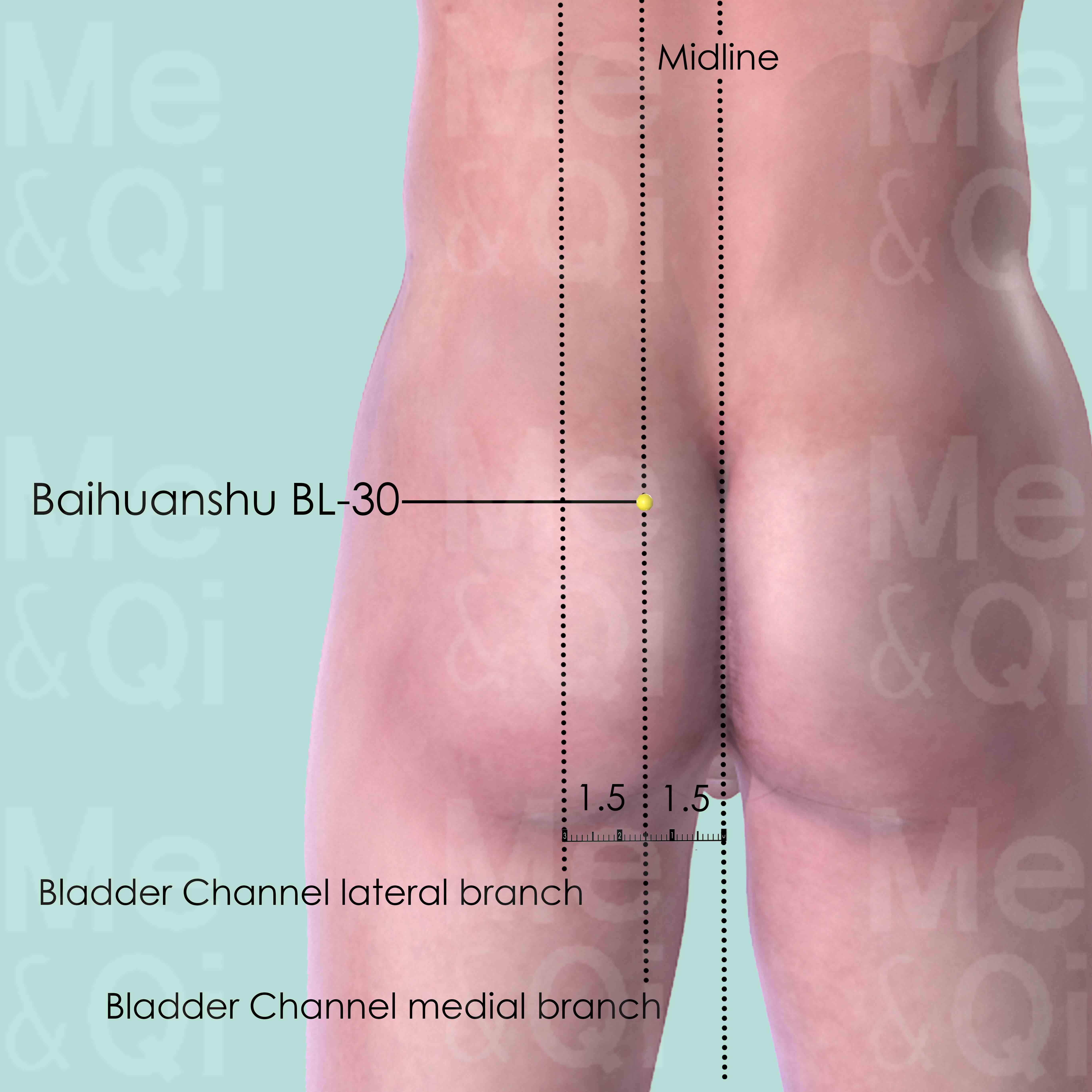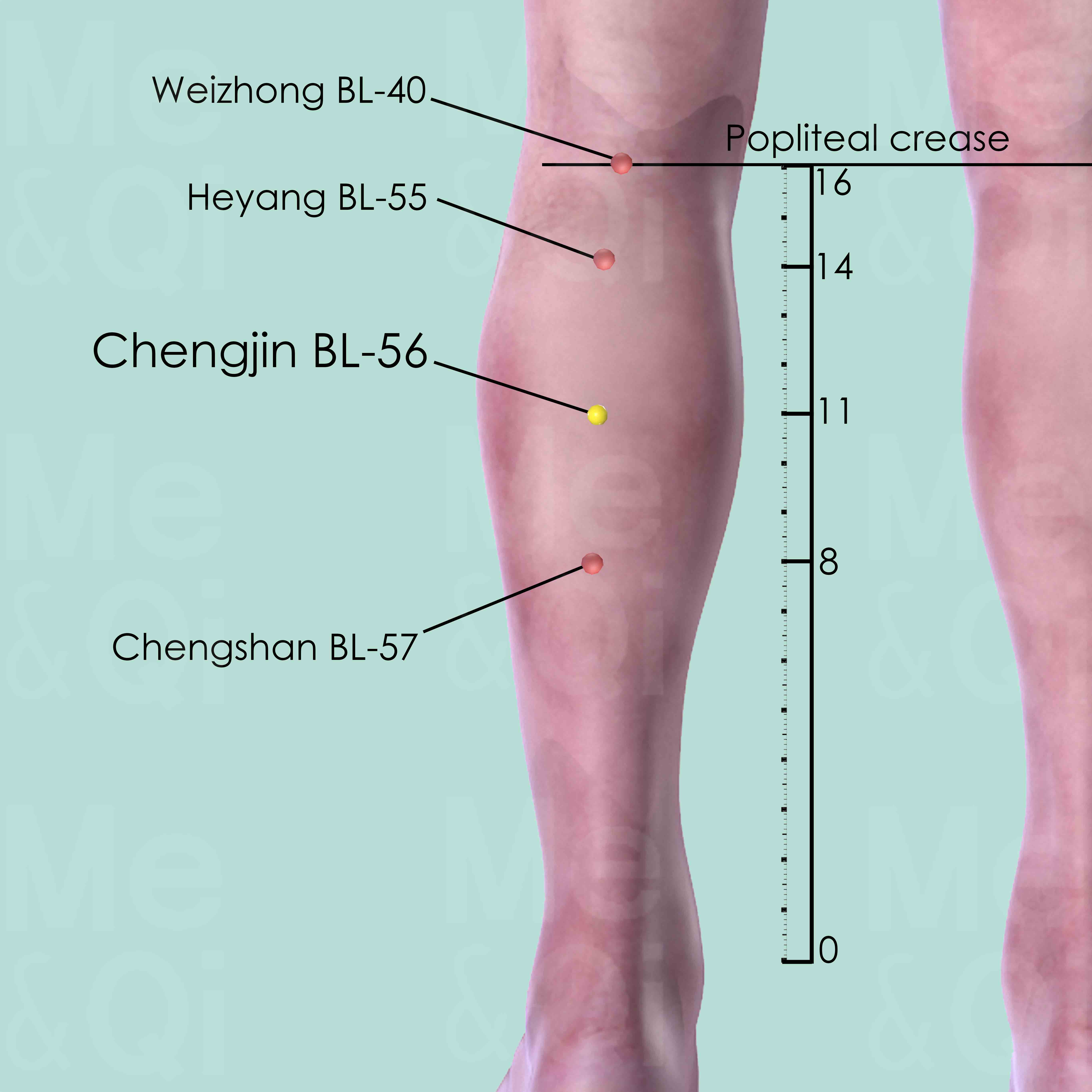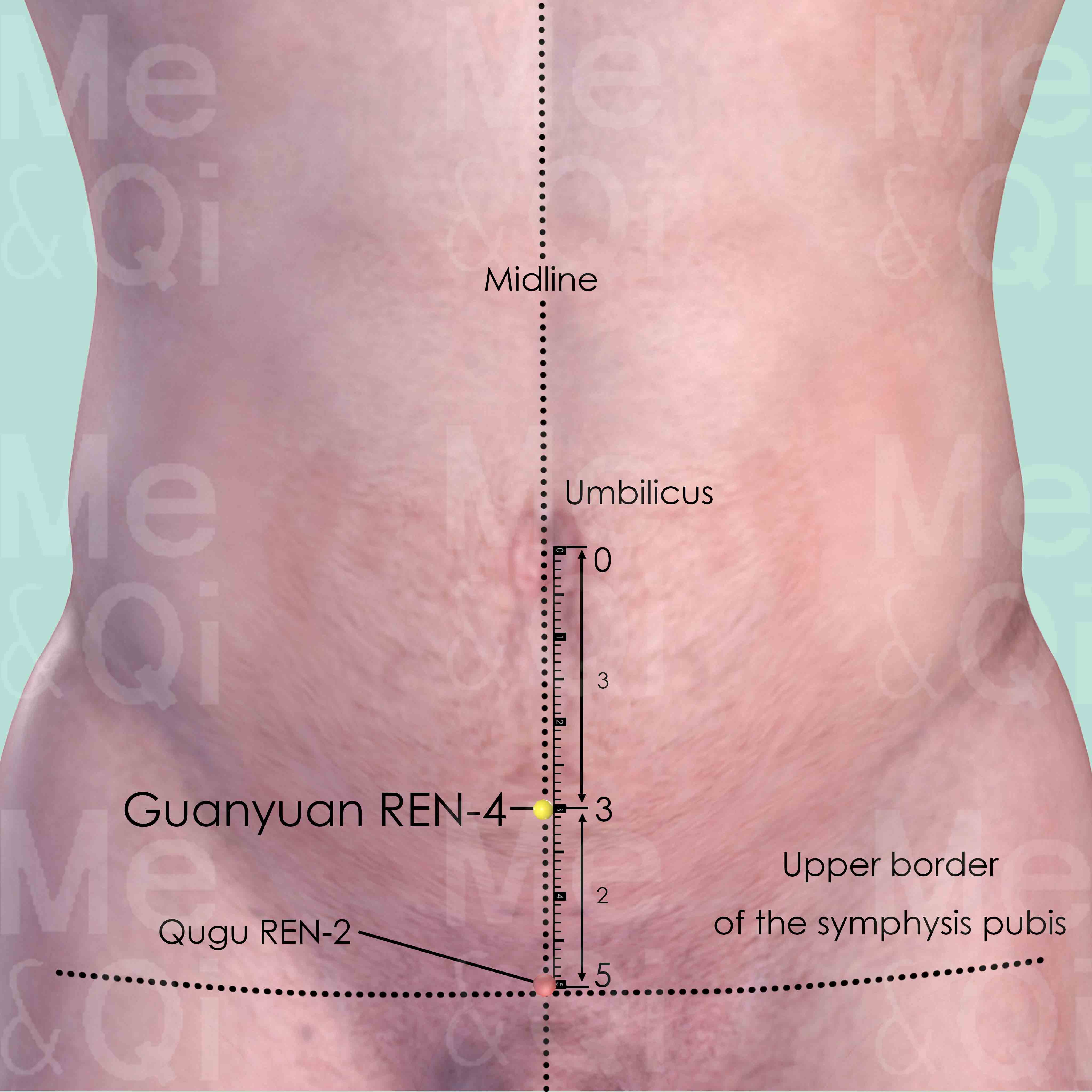Fecal Incontinenceaccording to TCM
Symptom family: Stool and Bowel Irregularities
Parent symptom: Urinary Or Fecal Incontinence
What is Fecal Incontinence?
Fecal incontinence, a condition marked by the inability to control bowel movements, results in the uncontrolled passage of stools. This distressing symptom can significantly impact an individual's quality of life, leading to social embarrassment and emotional distress.
It ranges in severity from occasional leakage when passing gas to a complete loss of bowel control. Understanding this condition is vital for managing its effects and seeking appropriate treatment to improve daily living and restore dignity to those affected.
How does TCM view Fecal Incontinence?
Traditional Chinese Medicine (TCM) approaches fecal incontinence with a holistic lens, viewing it as a manifestation of underlying imbalances within the body’s energetic systems. TCM posits that this condition often stems from a deficiency in the body's vital energy (Qi) or a disharmony in the Yin and Yang forces, particularly affecting the Spleen, Kidney, and Bladder Channels.
Unlike Western medicine, which often focuses on symptom management, TCM seeks to identify and treat the root cause of the imbalance, restoring the body's natural regulatory mechanisms and promoting overall health and wellness.
Acupoints for Fecal Incontinence
In the treatment of fecal incontinence, TCM recommends several specific acupoints believed to strengthen the body's vital energies, support the functions of the lower bowel, and restore control over bowel movements. Among these, Baihuanshu BL-30 is notable for its role in benefiting the anus and strengthening the lower back and legs, which are essential for maintaining continence.
Similarly, Chengjin BL-56 is used to remove obstructions from the channel and relax sinews, further supporting bowel control. Another crucial point, Guanyuan REN-4, is renowned for its broad benefits, including nourishing blood and Yin, strengthening the Kidneys and regulating menstruation, all of which contribute to improved control over bowel movements. These acupoints, when stimulated correctly, can offer significant relief and improvement in symptoms, reflecting TCM's comprehensive approach to health and healing.
Explore below some acupoints used to address fecal incontinence, organized by meridian.
- By Meridian
- Bladder Channel
- Directing Vessel

Baihuanshu BL-30
At the level of the 4th posterior sacral foramen, 1.5 cun lateral to the posterior midline.

Chengjin BL-56
5 cun inferior to Weizhong BL-40 which is the midpoint of the popliteal crease. In the center of the belly of gastrocnemius muscle, midway between Heyang BL-55 and Chengshan BL-57.

